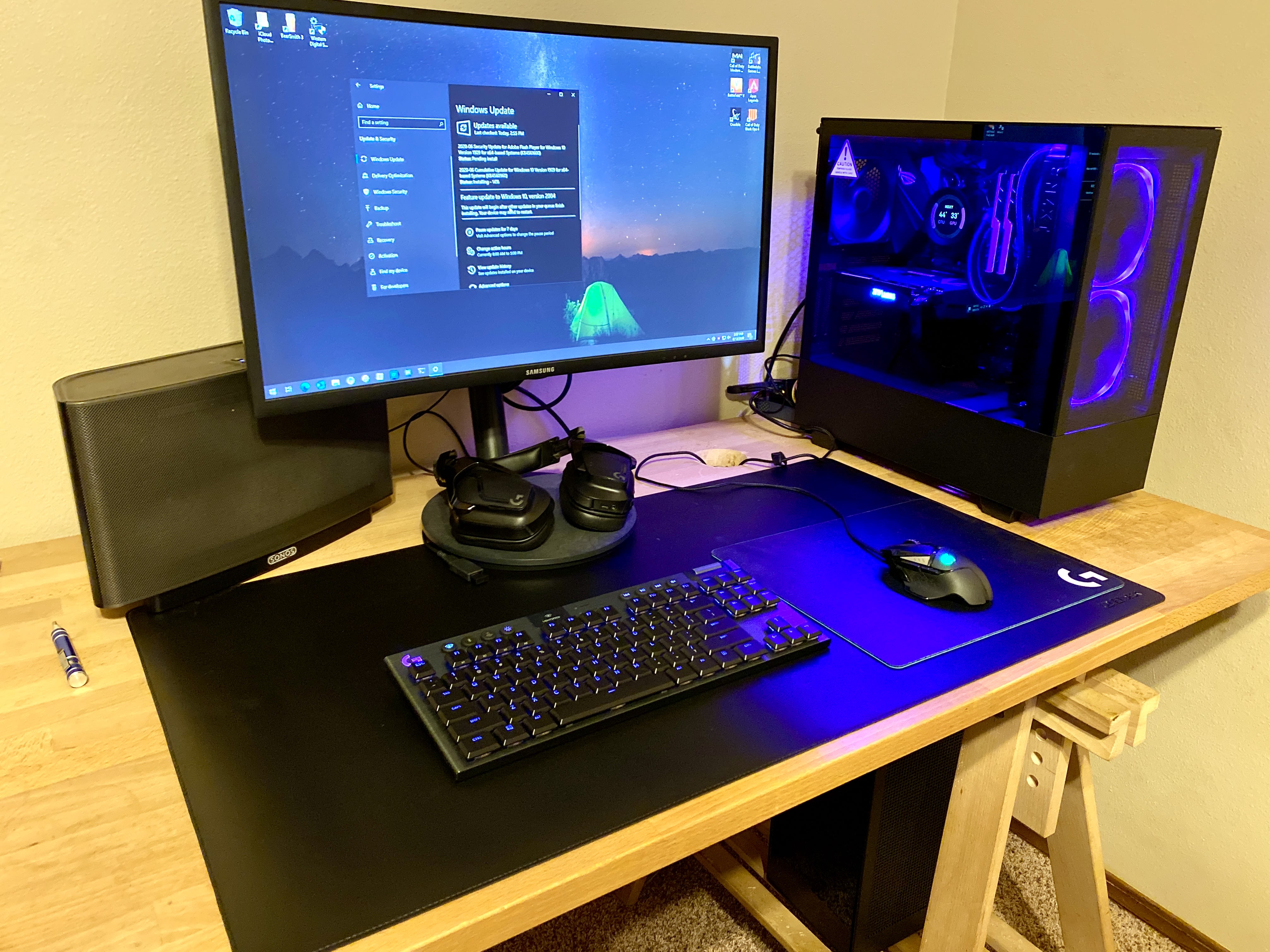Mini PCs for gaming might seem like an alien prospect, especially given their performance against a traditional PC. However, recent developments in technology have paved the way for more substantial mini PC models, and a better performance for gaming overall. If you’re considering buying one, read this guide to find out what you need to know about mini PCs for gaming.
Table of Contents
The Types
Traditionally there are two types of Mini PCs for Gaming. These are barebone and ready to go. Let’s start by exploring these in a bit more detail.
Barebone
Barebones are for the more tech savvy gamer who might want to build their own machine. They come as a kit almost, with the different parts and components completely customizable. If you go with the barebone option, you get to pick and choose from scratch what goes where and which parts you opt to use. The benefits of this are that it saves costs usually depending on which parts you go for, and you can upgrade and personalize as you go along.
Ready to Go
Ready to go mini PCs are just that: Ready To Go! They are fully assembled mini platforms that are a lot harder to customize and upgrade. These are probably best for beginners to the arena, as you get to taste before you invest too heavily. You also don’t have to understand how everything fits together because it’s all done in advance of purchase.

You Need to Buy Additional Gear
Mini PCs don’t come with anything traditional desktops might, such as a keyboard or a mouse. So, if you’re going to be needing those, for example to control your game and navigate the UI, this is going to be an additional cost to consider. Again, the benefit of this is that it makes it cheaper upfront and more bespoke as you can pick whichever accessories you like. Backlit keyboards are an attractive addition to any setup, but you won’t necessarily find one with a mainstream PC purchase.
RAM Prospects
The RAM prospects on a mini PC are not the same that you will find on a gaming focused, normal sized PC unit. They are more akin to laptop RAM specifications so you will naturally have less RAM than you would expect to find. However, you can modify this fairly easily even though it might cost you a bit of cash to do so.
Mini PCs are not what they used to be – they are better. They can be a lot of fun for gamers and a good project to have on the side if you fancy building your own from the ground up. That being said, do remember to factor in the extra costs aside from the device itself. You will need to get at least a keyboard and a mouse to complete the gaming experience, and probably something to boost the RAM capacity alongside this. They have some pretty good perks all in all!

